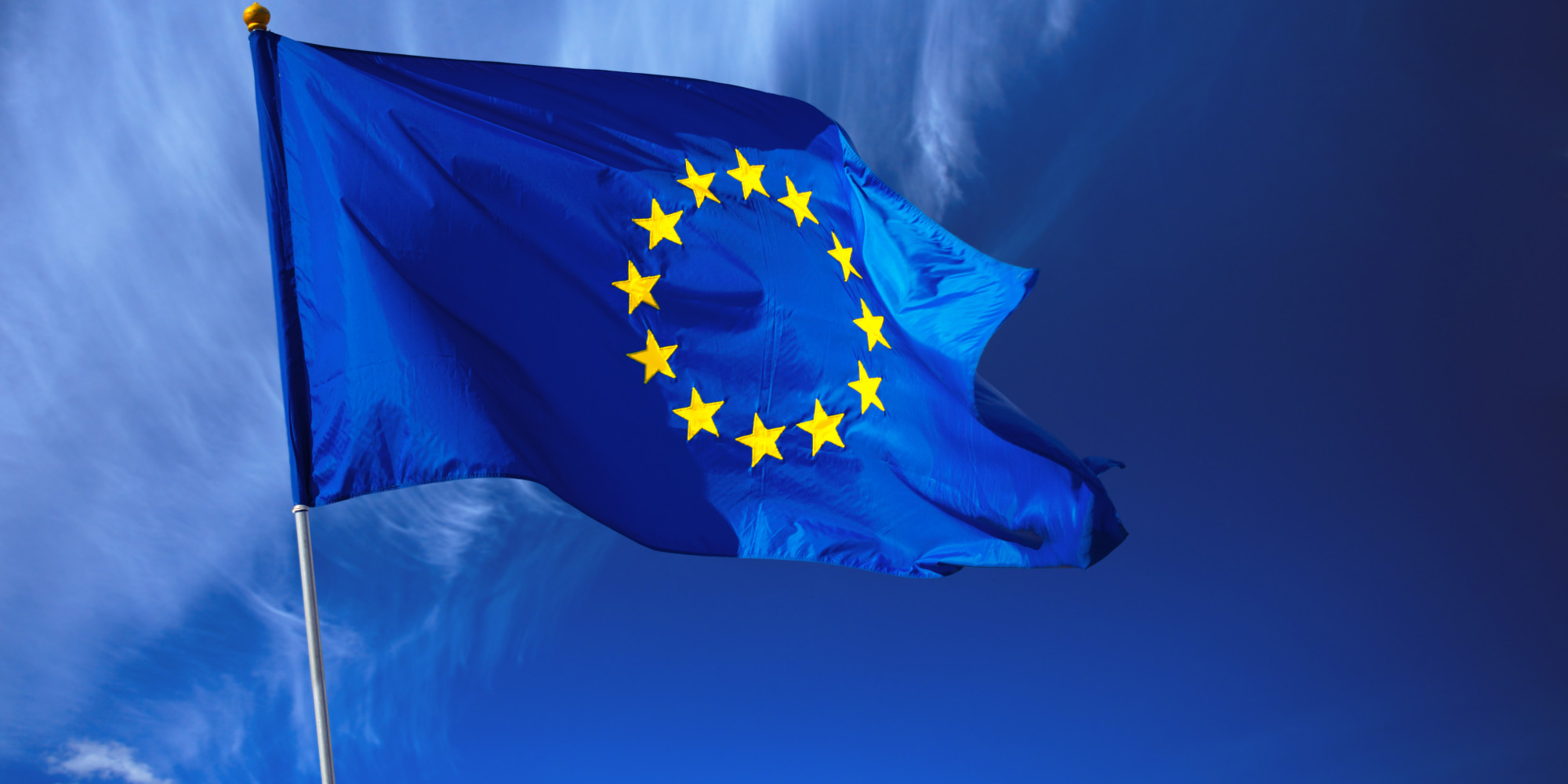Long-term budget: MEPs want EU to have more own resources

MEPs want the EU to have its own financial sources for the next long-term budget instead of relying mainly on member state contributions.
On 14 March, Parliament kick-started the EU’s debate on what the next long-term budget, starting 1 January 2021, should look like. MEPs adopted Parliament’s position that among other things wants to change how the EU is funded, paving the way for a system where the EU has more of its own resources and moves away from being almost exclusively dependent on the contribution it receives from EU countries.
Belgian ALDE member Gérard Deprez, one of the lead MEPs dealing with the revenue side of the budget, said: “We as the Parliament said that we will not accept a new [long-term budget] without own resources. We are determined.”
Together with Polish EPP member Janusz Lewandowski, Deprez has written a report on own resources, which is part of Parliament’s position on the next long-term budget, also known as multi-annual financial framework. The report proposes new sources of revenue for the EU, including a corporate income tax, environmental taxes, a financial transaction tax at the European level, a special taxation of companies in the digital sector, and a reform of the VAT system.
Deprez said the main reason for Parliament’s firm position on having own resources is one of the original treaties that laide the basis for the EU. According to the Treaty of Rome, the European Economic Community was to be financed by national contributions for a transitional period only and subsequently by a system of own resources.
The Belgian MEP added that the Parliament believed the current system based on member states’ gross national income was “illogical and incomprehensible” as well “complex” due to rebates and exemptions.
At the moment member state contributions account for 70% of the EU’s long-term budget, while 12% comes VAT and 13% from other revenues, such as taxes paid by EU staff of fines paid by companies in breach of competition laws.
